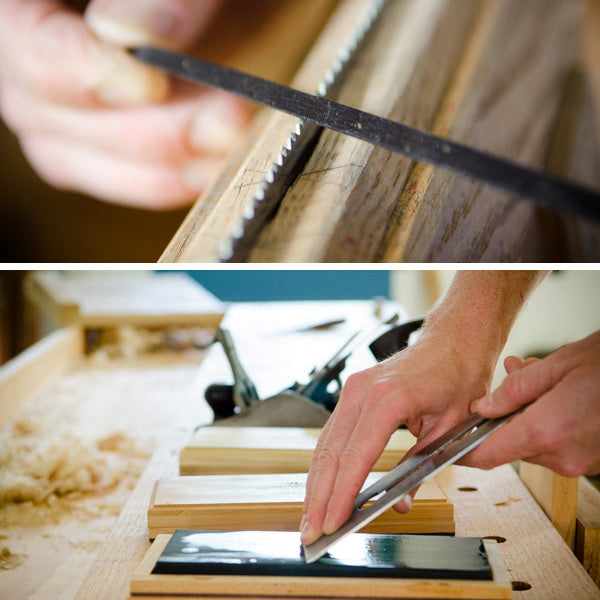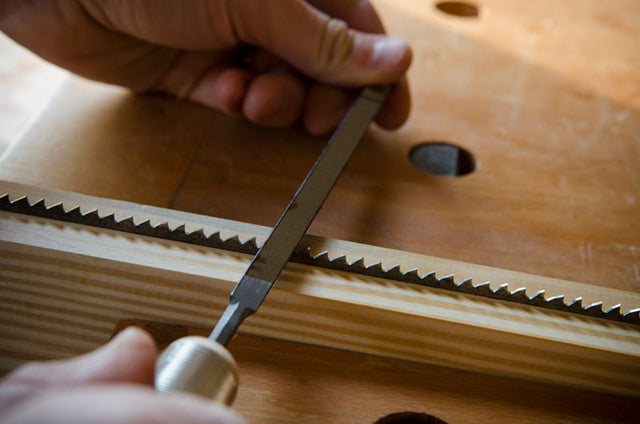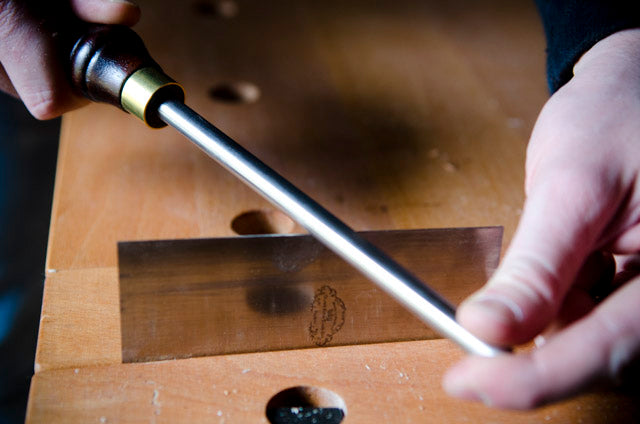Wood and Shop Traditional Woodworking School
Woodworking Class: Sharpening Woodworking Hand Tools with Jeremy Tritchler (2 Days)
Woodworking Class: Sharpening Woodworking Hand Tools with Jeremy Tritchler (2 Days)
Couldn't load pickup availability
Bring your woodworking hand tools, and spend two days with former Colonial Williamsburg cabinetmaker, Jeremy Tritchler, learning the fundamentals of sharpening different woodworking hand tools, including chisels, bench planes, hand saws, and card scrapers. This class is held on a Thursday & Friday, so that students can easily take Jeremy's related class: "Handplane Skills with Jeremy Tritchler" on Saturday. Please carefully read all details below before registering for this class.
Class Full? Get on the Waitlist!
Class Full? Get on the Waitlist!
If your desired class becomes sold out click here to get added to the wait list. People may cancel, we may add more slots, or we may decide to add another class date if enough students request it.
Other Payment Methods
Other Payment Methods
If you'd like to pay for class registration with a check or cash, please contact us here.
Full Description
Full Description
Class Syllabus
Class Syllabus
Meet your Instructor
Meet your Instructor
Read about this instructor on our page: "Meet the Instructors".
Materials Fee & Required Tools
Materials Fee & Required Tools
Class Policies, Liability Waiver, & Cancellations
Class Policies, Liability Waiver, & Cancellations
Eligible Students:
No students under 18 years of age are allowed. A PDF document with the full class policies and a liability waiver will be available after you register. All students are required to sign this document, and bring it on the first day of class.
Cancelation (if you register after 25 Feb, 2026):
You can cancel a class up to 3 weeks prior to the class for a refund (minus a 10% cancellation fee, that covers credit card processing fees and administrative work to cancel and refill your vacated slot). Cancellations under three weeks before a class begins will be given a refund (less the 10% cancelation fee) if we can find someone else to fill the slot. If we can't find a replacement for a cancelled slot (under 3 weeks before class), we will not issue a refund or give credit for a future class (even in the event of illness or injury).
Cancelation (if you registered before 25 Feb, 2026):
You can cancel a class up to 3 weeks prior to the class for a refund (minus a $45 fee, per class slot, that covers credit card processing fees and administrative work to cancel and refill your vacated slot). Cancellations under three weeks before a class begins will be given a refund (less $45) if we can find someone else to fill the slot. If we can't find a replacement for a cancelled slot (under 3 weeks before class), we will not issue a refund or give credit for a future class (even in the event of illness or injury).
Classes Cancelled by us:
If we have to cancel a class for an unforeseen emergency, inclement weather, instructor illness/injury, or low number of registrations, a full refund will be given to students. We encourage students to NOT book non-refundable flights, car rentals, or lodging in case of these cancelations. We are not responsible for any non-refundable travel charges incurred.
See our full return / refund policy here.
Student Tool Discounts
Student Tool Discounts
After you’ve registered for a class, you are eligible for a discount from Lee Valley (Veritas) and Taylor Toolworks. Lee Valley offers a 15% discount, and a discount form PDF will be available for download in your Wood and Shop dashboard after your purchase. For a 10% discount from Taylor Toolworks fill out this form and upload a photo or screenshot of your class order email (under the “Student ID” section). The discounts may not be available after the end of the class, so try to place your orders before then.
How to Get Here & Where to Stay
How to Get Here & Where to Stay
Please read our page: "Getting Here and Where to Stay".
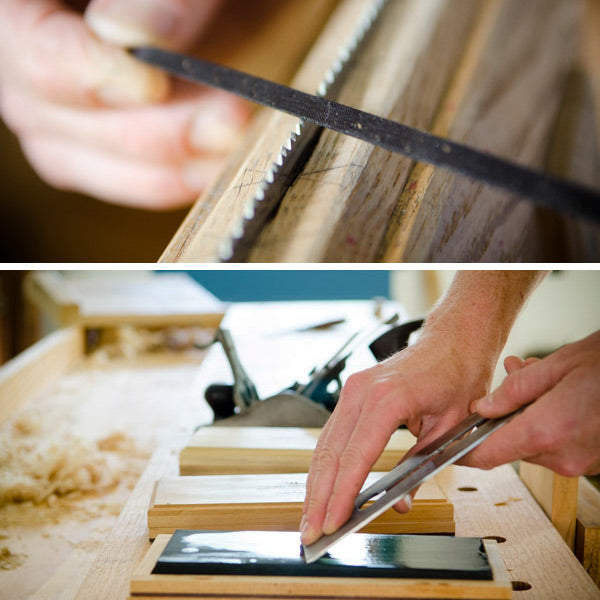
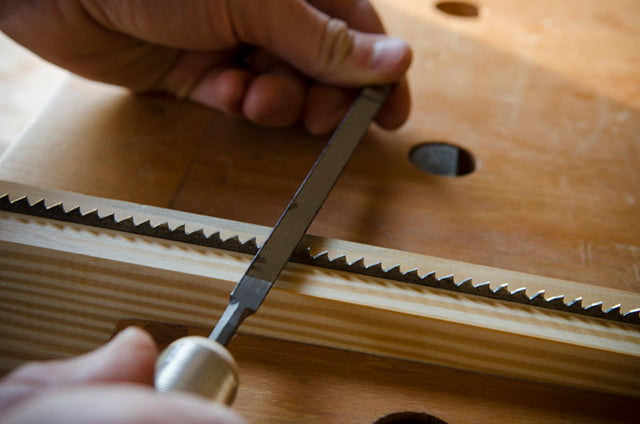
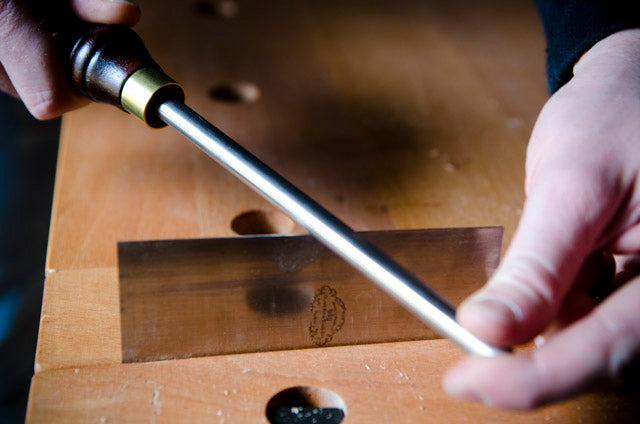
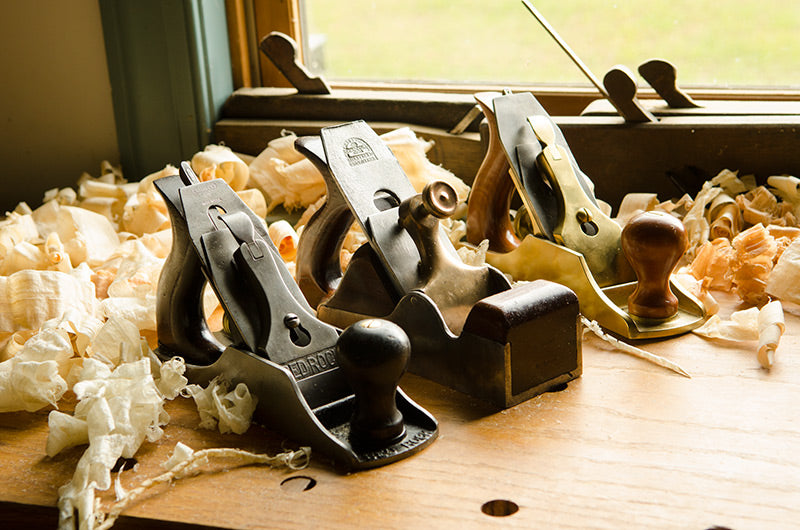
Visit our Blog
Want to learn Tradtional Hand Tool Woodworking? Visit our blog for hundreds of free videos & articles, workshop tours, and tool buying guides!

